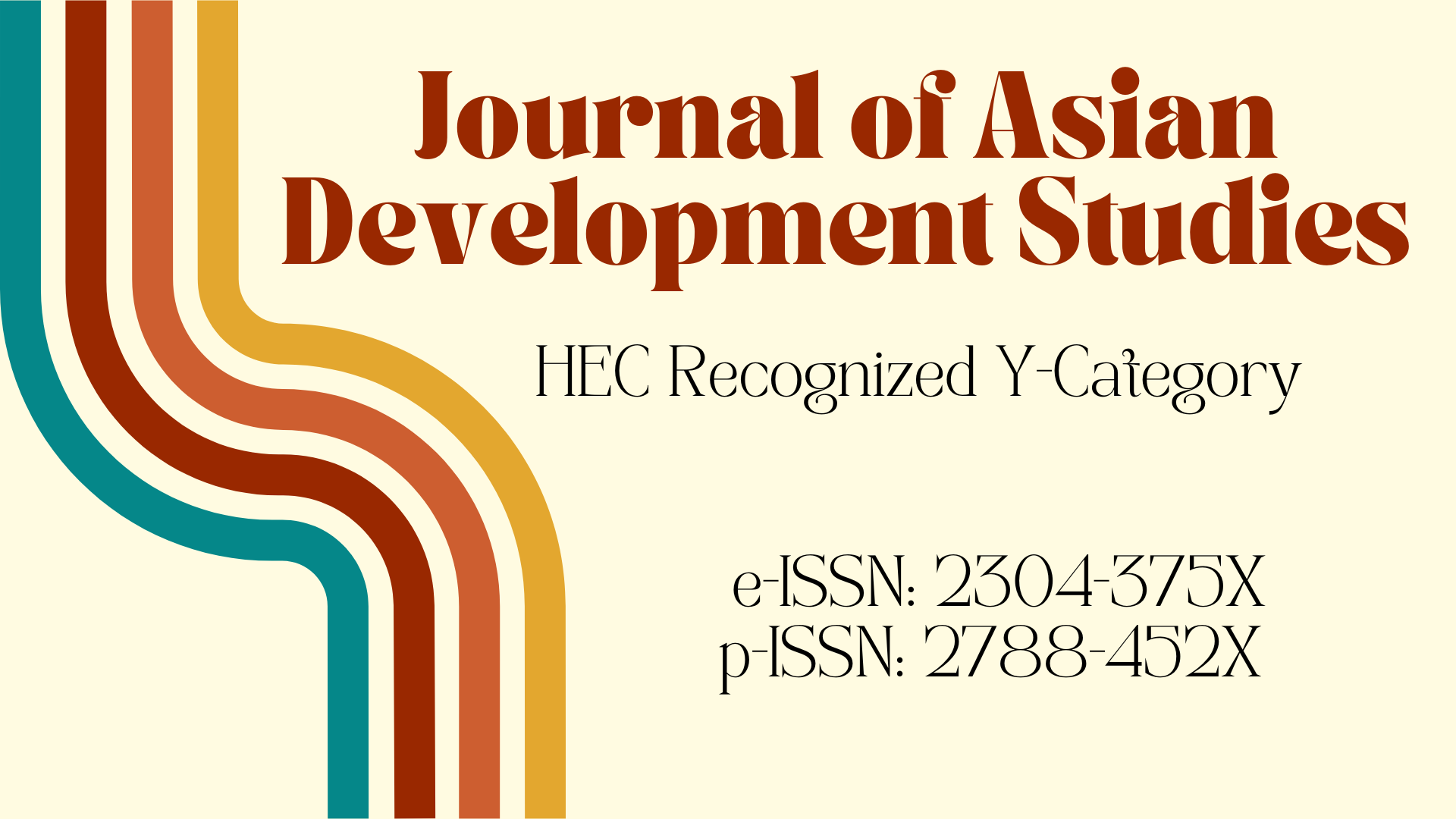Transforming DB Pension Receipts: Building the Financially Sustainable Future for Higher Education in Pakistan
DOI:
https://doi.org/10.62345/Keywords:
Family Pension, PAYG, Defined Benefit-DB, Pension ReceiptsAbstract
The "pay-as-you-go" system, widely adopted globally, ensures pension payments by using current employees' contributions to fund retirees' pensions within a defined benefit (DB) pension framework. This system faces significant challenges as pension expenditures now surpass annual salary expenditures, driven by lower fertility rates, longer pension cycles, and annual pension increases. Projections indicate that by 2050, countries such as Taiwan, China, the USA, Japan, and Spain will dedicate nearly 50% of their annual budgets to pensions. In Pakistan, pension costs have escalated by nearly 1000% over the past two decades, prompting the Finance Minister to introduce reforms aimed at controlling these rising expenses. The Higher Education Institutions (HEIs) in Pakistan are particularly impacted. The research indicates that employees at HEIs prefer the DB Pension System over Defined Contribution or Hybrid Pension Systems. This paper presents existing pension and proposed reforms to sustain the DB pension receipts, specifically for HEIs in Pakistan. Using the snowball technique, open-ended interviews were conducted with core pension team members, and thematic analysis was employed to develop a framework designed to enhance the viability and sustainability of the DB pension system. The study integrates empirical findings with a comprehensive literature survey to propose detailed policy recommendations aimed at ensuring the long-term sustainability of the pension system for Higher Education Institutions in Pakistan.
Downloads
Downloads
Published
Issue
Section
License

This work is licensed under a Creative Commons Attribution 4.0 International License.
License Terms
All articles published by Centre for Research on Poverty and Attitude are made immediately available worldwide under an open access license. This means:
- everyone has free and unlimited access to the full-text of all articles published in Centre for Research on Poverty and Attitude's journals;
- everyone is free to re-use the published material if proper accreditation/citation of the original publication is given.




